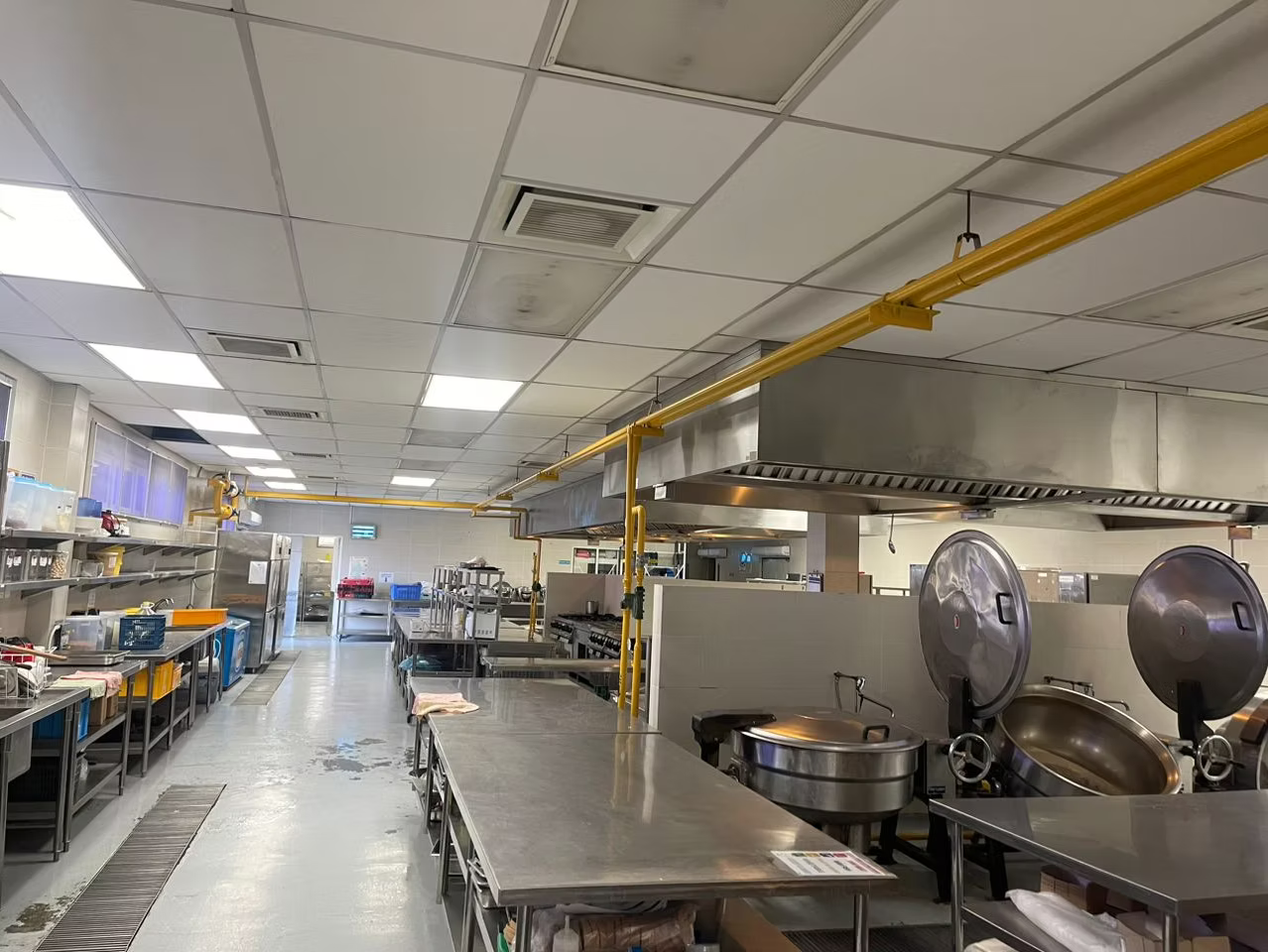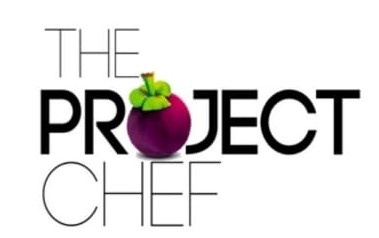
Kitchen Design Tips for Restaurant Owners: Expert Advice
Are you a restaurant owner looking to optimize your kitchen design for efficiency and productivity? Look no further, as we have curated a list of expert kitchen design tips to help enhance your restaurant's operations and overall performance.
-
Space Planning: One of the key elements of a well-designed kitchen is efficient space planning. It is essential to have designated areas for food preparation, cooking, storage, and cleaning. Proper spatial arrangement can streamline workflow and improve productivity.
-
Equipment Selection: Choosing the right equipment is crucial for a functional kitchen. Invest in high-quality, energy-efficient appliances that are suitable for your menu offerings and production volume. Consider factors such as size, capacity, and durability when selecting kitchen equipment.
-
Workflow Optimization: A well-designed kitchen layout should promote a smooth workflow and minimize unnecessary steps. Create stations based on the sequence of food preparation to ensure a logical and efficient flow. This can help reduce waiting times and improve overall service speed.
-
Ventilation and Safety: Proper ventilation is essential in a commercial kitchen to maintain air quality and ensure a safe working environment. Install exhaust hoods and fans to eliminate smoke, steam, and odors. Additionally, prioritize safety measures such as fire suppression systems and non-slip flooring to prevent accidents.
-
Storage Solutions: Adequate storage is vital for a well-organized kitchen. Implement a combination of shelving, racks, and cabinets to optimize space utilization and keep ingredients and supplies organized. Consider utilizing vertical storage options to maximize storage capacity in small kitchens.
-
Lighting Design: Good lighting is key to a functional kitchen design. Ensure sufficient lighting levels in food preparation areas to enhance visibility and reduce eye strain. Incorporate a mix of task lighting, ambient lighting, and accent lighting to create a well-lit and inviting workspace.
-
Hygiene and Sanitation: Maintaining high standards of hygiene is crucial in a commercial kitchen to ensure food safety and regulatory compliance. Choose easy-to-clean materials for surfaces, flooring, and equipment. Establish strict cleaning protocols and schedules to uphold cleanliness and sanitation practices. By implementing these expert kitchen design tips, restaurant owners can create a well-organized and efficient kitchen that enhances productivity, safety, and overall performance. Remember, a well-designed kitchen is the heart of a successful restaurant operation.
